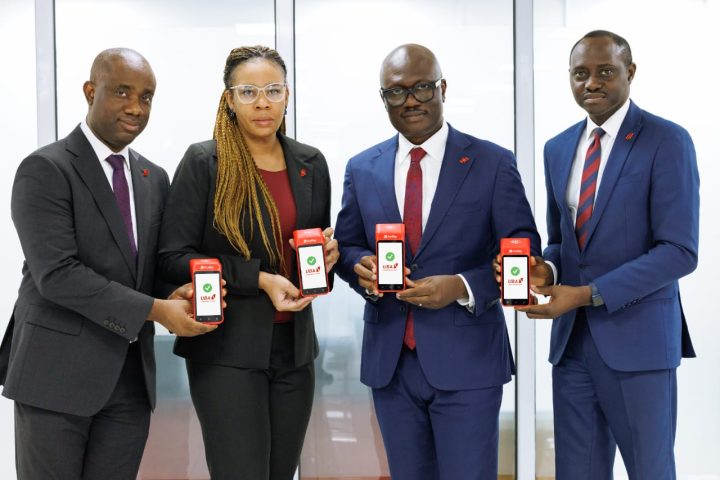The Central Bank of Nigeria (CBN) has introduced new guidelines restricting Bureau de Change (BDC) operators from purchasing more than $25,000 per week from a single authorised dealer bank. The measure, which takes immediate effect, is aimed at ensuring transparency in the retail foreign exchange market.
The directive was outlined in a circular issued on Wednesday by the Trade and Exchange Department of the apex bank. The circular, signed by Dr. W. J. Kanya, the acting director of the department, specifies that BDCs must source their forex from only one authorised dealer bank per week.
Join our WhatsApp ChannelCBN Enforces Strict Compliance on Forex Sales
The circular states: “Authorised dealers shall sell foreign exchange cash to BDCs subject to a maximum of USD25,000.00 to a BDC per week. A BDC shall approach its preferred authorised dealer bank and can only procure the said amount from only that bank of its choice in a week. Any breach of this condition will attract appropriate sanction. The selling rate by the Authorised Dealers to BDCs shall be the prevailing day rate at the NFEM window.”
The CBN emphasised that any BDC found violating this rule would face sanctions. It also mandated that forex must be sold at the prevailing rate in the Nigerian Foreign Exchange Market (NFEM) window to ensure uniformity in pricing.
CBN Caps BDC Margin to Prevent Overpricing
To control excessive forex pricing, the CBN has placed a one per cent cap on the margin BDCs can charge end-users above their purchase rate. This restriction applies to all forex sold by BDCs, regardless of the source. The move is designed to prevent consumers from being overcharged.
Additionally, BDCs are now required to strictly adhere to reporting requirements. Banks must submit weekly reports on forex sales to BDCs in a specified format to the CBN’s Trade and Exchange Department. Meanwhile, BDCs must submit daily reports on forex purchases and sales through the Financial Institutions Forex Reporting System.

CBN Regulates Forex Usage to Specific Transactions
The CBN has further limited the use of forex purchased from BDCs to specific transactions, with a quarterly disbursement cap of $5,000 per end-user. The eligible transactions include:
- Business travel allowance
- Personal travel allowance
- Payment of overseas school fees
- Payment of overseas medical fees
By restricting the use of forex from BDCs to these transactions, the CBN aims to curb speculation and stabilise the naira.
CBN Strengthens Anti-Money Laundering Measures
As part of efforts to combat money laundering, the CBN has directed BDCs to maintain detailed records of all transactions. These records must include the Bank Verification Number (BVN) of end-users and an endorsement of the amount disbursed in the beneficiary’s international passport.
The apex bank stressed the importance of complying with Anti-Money Laundering laws and Know Your Customer (KYC) requirements. Any BDC or authorised dealer bank that diverts funds or violates these guidelines will face severe sanctions, including the suspension of their licence.
CBN’s Policy Aims to Stabilise Naira and Improve Liquidity
This latest directive is part of the CBN’s broader strategy to stabilise the naira, reduce forex speculation, and enhance liquidity in the foreign exchange market. By controlling the amount of forex BDCs can access and enforcing strict guidelines, the CBN seeks to bring greater stability to Nigeria’s forex system.
Emmanuel Ochayi is a journalist. He is a graduate of the University of Lagos, School of first choice and the nations pride. Emmanuel is keen on exploring writing angles in different areas, including Business, climate change, politics, Education, and others.

















